Well Being & Maternal Health
Not fully equipped
The health care system within Uganda is not fully equipped to provide the essentials needed to overcome health issues such as HIV and Maternal Mortality, which has progressed into a consistent concern with little solution.
HIV
HIV is a prevalent and consistent concern within Uganda. The rate of HIV infection among adults (aged 15 to 49) is 5.7% *. Around 27% of adults living with HIV and 33% of children living with HIV are not on treatment *. It was found that people living with HIV experience stigma and discrimination.
Maternal Mortality
The deaths found among babies in Uganda while in the womb and soon after birth is quite high. Approximately 81 babies will die each day before reaching their first month and about 96 stillbirths occur every day *. The absence of birth attendants in Uganda brings great risk in childbirth, with only 44 percent of mothers in the poorest households having access to a skilled attendant at birth *.
EACO Uganda faces the prominent issue of HIV by educating people on the ways to avoid contracting such diseases. The Nutrition, Good Health, and Wellbeing program includes:
[ ] Health education and awareness of widespread communicable and non-communicable diseases
EACO Uganda targets the issue of maternal mortality by providing primary health care services to a multitude of villages through the Maternity and Reproductive Health Program, which includes:
[ ] Promotion of breastfeeding
[ ] Providing birth Attendants and Community Organizers at the village level and Public Health supervisors and Nutritionist-Health Educators

Nutrition is a vital part of living as it affects the quality of your life and the extent to which you live. For this reason, EACO has aimed this program to provide an all round education on nutrition and good health. We have construed a small but highly capable agricultural science department within some schools. This ensures that the girls are able to learn environmentally sensitive and economically productive and sustainable techniques of farming essential to creating new jobs and improving food security for the wider benefit of society.
EACO attempts to implement nutrition and health through the development of a survey questionnaire to collect information about food habits, meals and diet. We then perform nutritional evaluations on this data to develop a community specific reference booklet for overall nutrition of indigenous foods. The following covers other aspects of this program:
[ ] Family welfare, primary health and first aid training
[ ] Health education and awareness of widespread communicable and non-communicable diseases
[ ] Education in nutrition
[ ] Food safety awareness

© 2022 | Empower And Care Organization No. MG/2006/10/294
